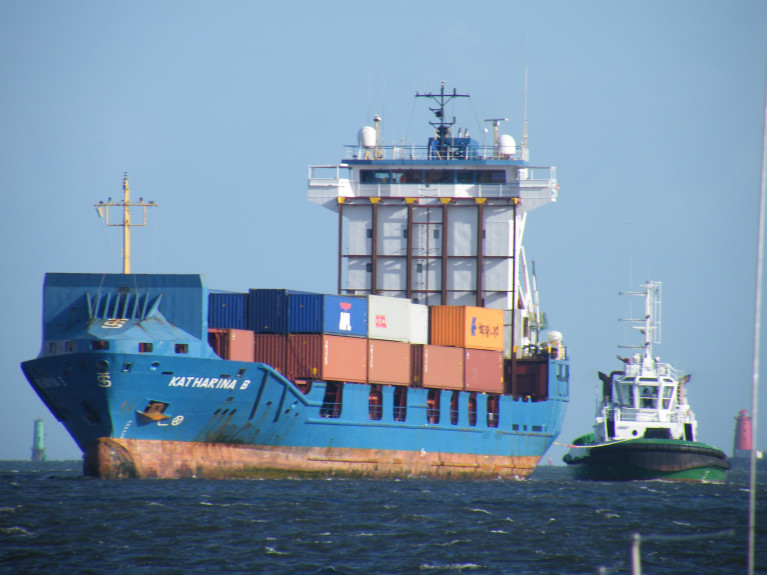Displaying items by tag: Marine Operatives
Dublin Port Require Roles At Sea and Ashore
Afloat has noted that the Dublin Port Company is currently recruiting for roles at sea and those ashore as part of efforts to achieve the port's Masterplan: 2012-2040, writes Jehan Ashmore.
The objectives of such job roles, requires skilled, dedicated and motivated staff and DPC invites applications for Tug Master and Marine Operatives.
For further information visit the port's website careers page by clicking this link for full job specifications.
Closing date for applications is Friday 21st August 2020. For much more details consult the links given throughout.
Afloat adds the port operates its own pair of custom-built tugs, the Irish flagged Beaufort and Shackleton introduced just over a decade go in early 2010 as part of a port related work-boat upgrade of its fleet. A Spanish shipyard built the pair and costing €6m apiece.
The Voith Schneider propelled tugs each have a 53t bollard pull capacity and formed Phase 2 of an upgrade programme to modernise by replacing ageing tonnage. The then new tugs along with other port work related craft were introduced a decade ago in an overall €16m investment by the port company.
More on the tug newbuilds were featured in Ships Monthly, June 2010 issue as part of the publication's 'Waterfront' column.
In addition Beaufort featured in 'Maritime' Dalkey series of the Dalkey Community Council Newsletter (Feb) 2016, see: p.13.






























































